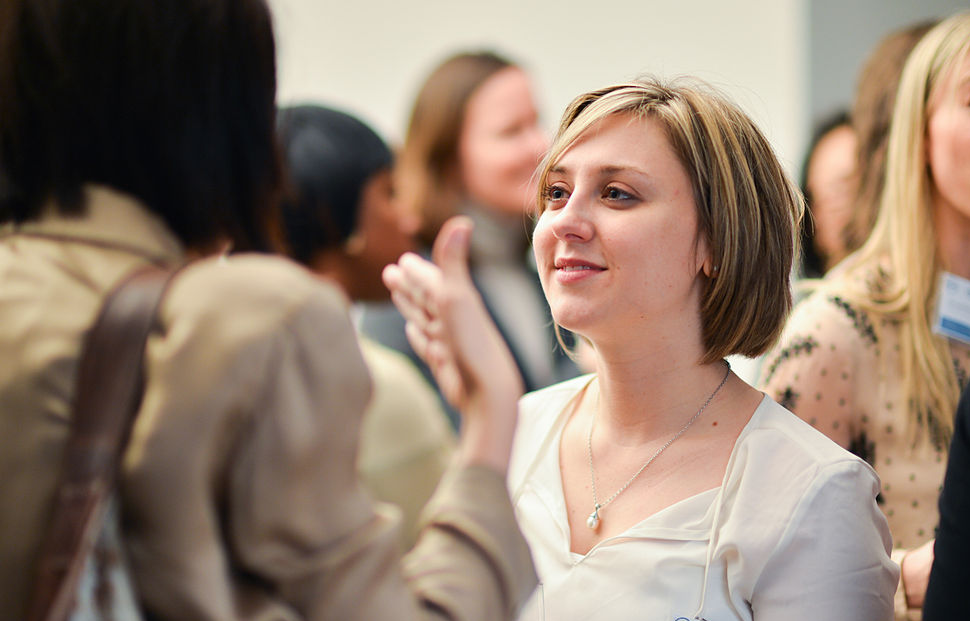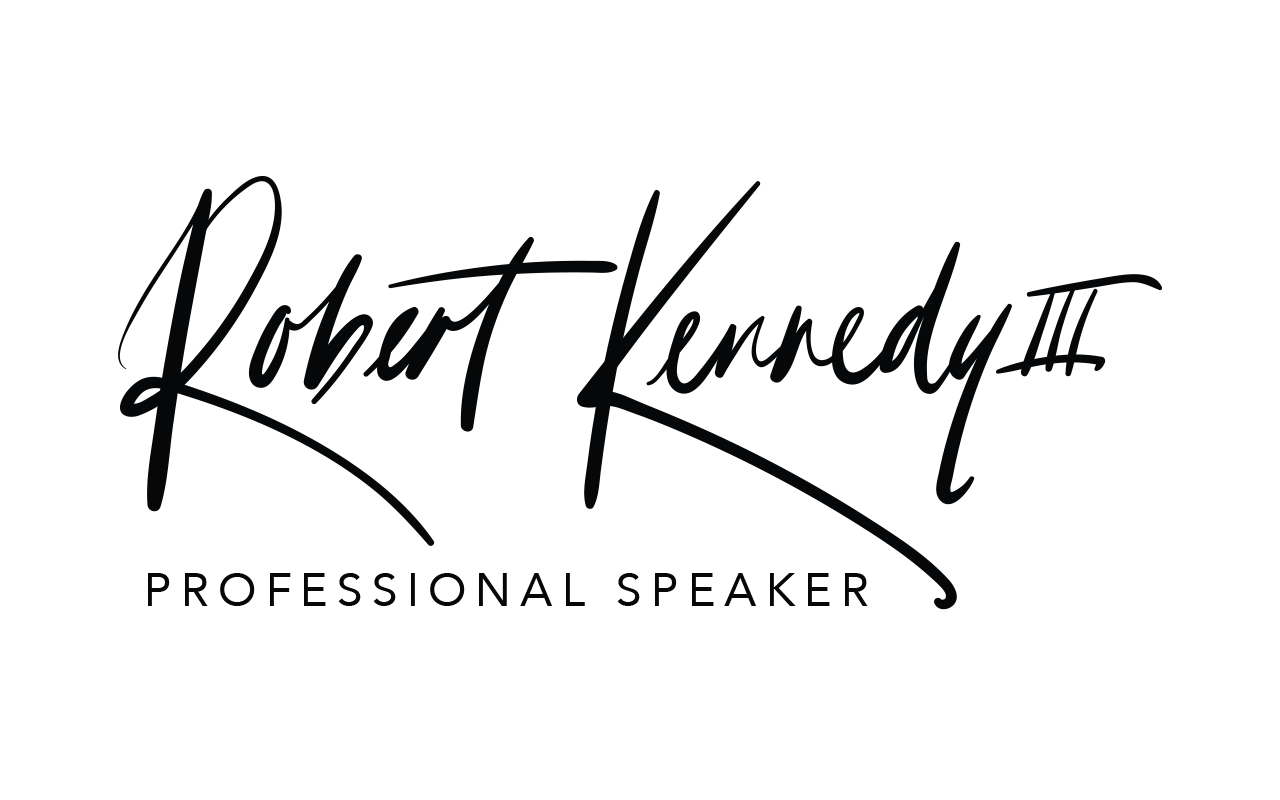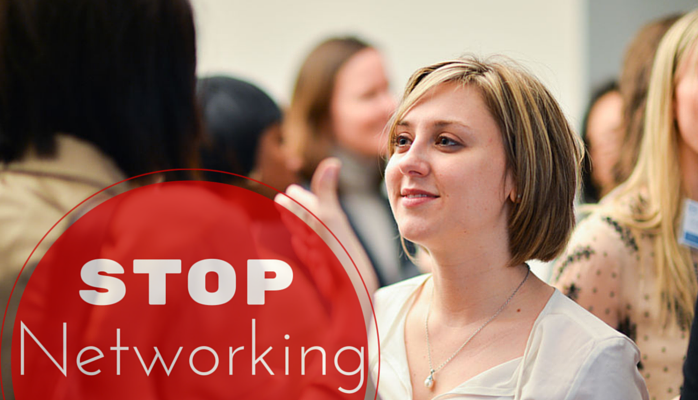Why is networking so hard for some and so easy for others? In Part 1 of this series, I mentioned the first-timers and the barriers they create for themselves. Being a “new networker” can be a pretty scary event. There are several reasons for this:
- You’re intimidated by the sheer number of people in the room
- You don’t feel very adept at small talk
- You are scared of spending money on this event and coming away with “nothing!”
- You are nervous about awkward silence
- You hate getting caught talking to someone who is just as awkward as you and don’t know how to get out of the conversation.
This list is not exhaustive, by any means, but it should bring up some memories and emotions if this resembles you.
 We’ve forgotten how to have conversation. I won’t put all of the blame on text-messaging and our shortened, behind-the-screen modes of communication. But, the truth is that conversations have changed and many of us are not taught how to have them. I won’t yearn for the days of yore. However, I will point out that conversations used to be what people DID at dinner parties, family dinners, and any get together. Now, we’ve shortened the process and many don’t get the conversational “practice.”
We’ve forgotten how to have conversation. I won’t put all of the blame on text-messaging and our shortened, behind-the-screen modes of communication. But, the truth is that conversations have changed and many of us are not taught how to have them. I won’t yearn for the days of yore. However, I will point out that conversations used to be what people DID at dinner parties, family dinners, and any get together. Now, we’ve shortened the process and many don’t get the conversational “practice.”
At any event, you will notice that there are some who simply have the art of conversation down and they seem to be able to move around easily. You will also find that there are some who are awkward at conversation. What’s the difference? Is it natural ability? Maybe. I remember being awakened at 5AM in the morning to practice my piano before I went off to school. Honestly, I wasn’t happy about it at the time. But, later on, I saw that it made me better at it and it also provided me opportunities I may not have had. Conversations, good conversations, come as a result of intentional practice. Often, we think that since mostly everyone has the ability to speak or communicate in some way, then we should just be able to have conversations without practice.
Using that same logic, everyone should be able to just hop on to a stage and become a public speaker. After all, we can all speak, correct? Wrong! Getting your point across, being confident in it, properly sequencing your thoughts and ideas is an art form that must be practiced. Likewise, conversations must be practiced. Relationships must be practiced.
But, isn’t going to tons of networking events sort of like…well…practicing?
Let’s say that I go to sit at the piano to practice every day for 20 minutes and I practice the same thing over and over for 7 days, I will inevitably get better. My dexterity will improve and I will sound smoother at the piece. But, what if the technique that I was using was all wrong and a really inefficient one? I would have gotten better at the WRONG thing! So, what is it that I really want to improve on and get better at? If I want to get better, then I must also be intentional about the right thing.
Going to events isn’t what makes me better. Practicing conversations, practicing how to serve, choosing great questions beforehand are all great ways of being intentional about relationships. When you are intentional about your questions, you will also receive some great answers that allow you to have interesting follow-up conversations.
How do you remember all of that if you are having conversations with tons of people? Truth is, you will have a tough time with that. What’s better is to be intentional and focus on forming real relationships with the kind of people that align with what you are up to…even if that means only one or two people.


